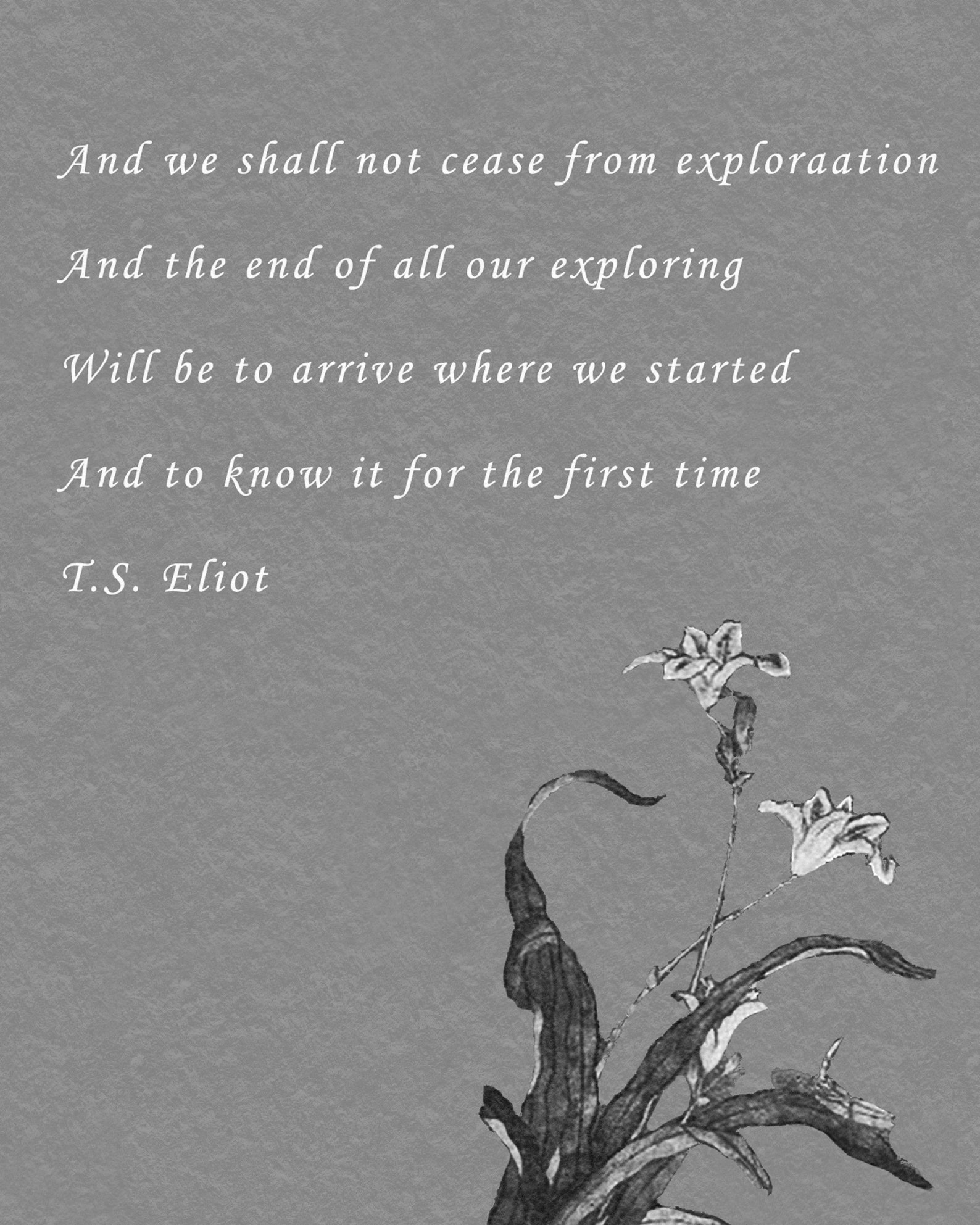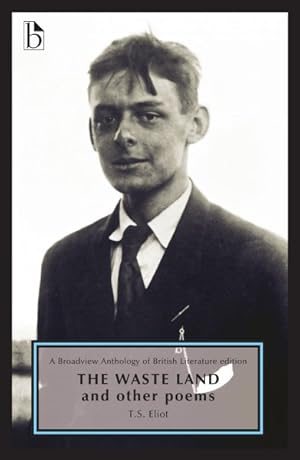

The abridged lyric we get in ‘Death by Water’ turns on pairings which are joined by ‘and’ or ‘or’, as if to suggest the bobbing of the waves: up and down, up and down. You can’t take it with you, as the saying has it. It is sensible to assume that Phlebas, belonging to the Phoenicians as he does, is a trader too: note in ‘Death by Water’ how one of the things he forgets in death is the ‘profit and loss’. Moreover, this study may provoke further research in this area in order to bring out the relevance of literary texts to all times and human life everywhere.One particularly intriguing one is the poem’s reference to Mylae and Carthage, which critic Eleanor Cook interpreted in terms of economist John Maynard Keynes’ criticism of the terms of the Treaty of Versailles, which ended WWI, as a ‘Carthaginian peace’. This awareness may lead to an immediate solution. This research is significant because the aspects of meaninglessness and absurdity accurately relate to our current times where human beings face real existential threat and the significance of life is being lost. By presenting this picture of chaotic life, Eliot intends to forward a solution in the form of rebirth of the lost religious faith and moral values. This meaningless life is nothing but a heap of the waste. Their lives are without any real purpose and are quite insignificant in a chaotic and disorderly world. This study explores and analyses these aspects of meaninglessness and absurdity in The Waste Land (1930) in the light of Sartre’s philosophy and contends to say that almost all of the characters presented in the poem encounter meaningless and chaotic lives. This poem is based on the consequences of the war that caused absurdity and chaos depriving human life of real significance and value. Eliot also lived in that chaotic age and composed his long narrative poem The Waste Land (1930) after the World War.

Thus these two are the main tropes of Sartre’s philosophy.


Man faces an absurd and meaningless existence in this chaotic world. Jean-Paul Sartre’s version of Existentialism is based on this meaninglessness and absurdity. After the World War-1, there spread chaos and disillusionment in society, faith got shattered and life became meaningless.


 0 kommentar(er)
0 kommentar(er)
